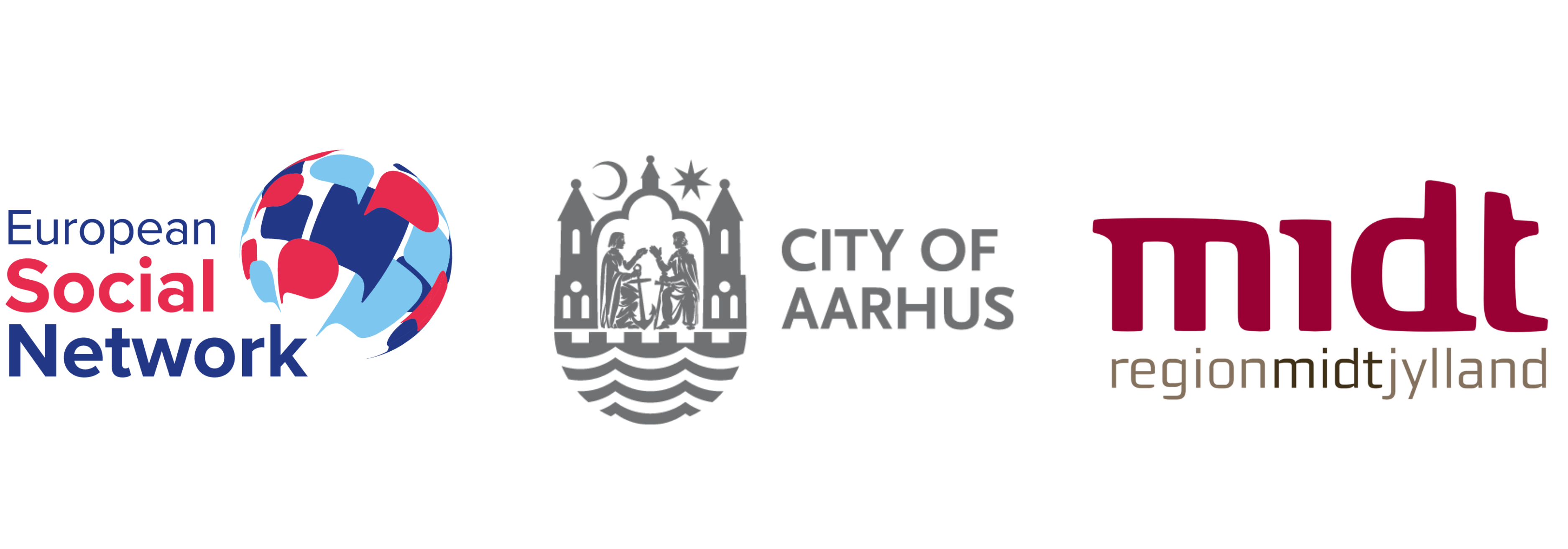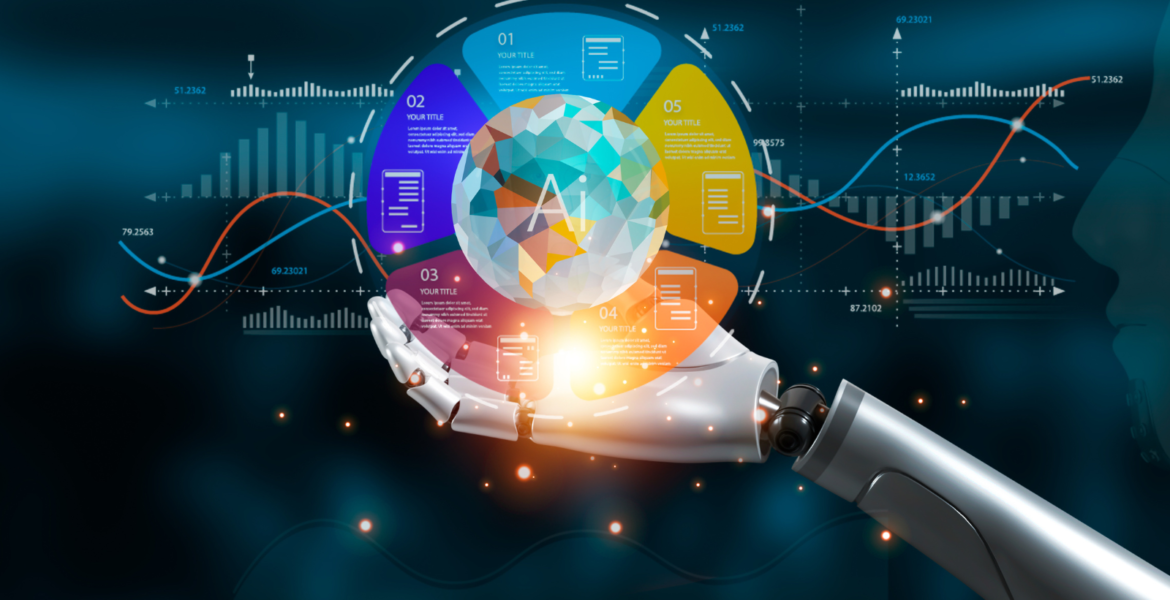Undoubtedly, artificial intelligence (AI) has come a long way since its inception, evolving from the realm of science fiction into an increasingly indispensable technology with the capacity to transform human services.
All too often, fear has shrouded the introduction of new technologies, but perhaps it is time to change our perception given its potential to positively impact the social sector.
Harnessed effectively, it can serve the people, particularly those most in need.
Health and human services agencies are looking toward AI, automation, and other emerging capabilities and practices to speed up processes, cut costs, increase the reach of resources and, crucially, help people navigate them.
By embracing AI, we have the opportunity to revolutionize elements of the human services sector. There are two very clear ways in which AI can be deployed:
- As a citizen-centric asset
One of the greatest advantages AI offers is the power to identify who is most vulnerable so that we are able respond to their needs before they reach crisis point. It will improve accuracy, as patterns and trends that might go unnoticed by humans can be identified, allowing proactive measures to be taken.
It can facilitate communication between the people who need it most and administration. For example, individuals seeking assistance can navigate the ocomplexities of grants, housing and benefits to discover what they’re entitled to and, crucially, how to obtain the help they need.
This simplifies the process and empowers individuals, granting them access to the support they deserve without the bureaucratic hurdles.
- By enabling a transformative shift in the role of social workers
In recent years, social workers’ workload has increased tremendously. It is highly manual, laborious, and prone to fraud and error. For them, the introduction of AI would translate to a transformative shift in their roles.
No longer mired in paperwork, social workers would be able to redirect their energy toward what truly matters: forging meaningful connections and providing vital assistance.
By using technology to prepare case notes, synthesize records and recommend follow-up plans, they can focus on high-value work, empathizing with and supporting individuals and families, and gaining a deeper awareness of their challenges and needs so they can provide assistance.
This human touch, coupled with the efficiency of AI, will only enhance the quality of social care services.
For all the advantages that AI can offer, it would be remiss not to also mention its perceived limitations. This is such new technology, and there are undoubtedly risks relating to data and privacy associated with it.
Our global aim is to make the complexity of social siloed systems more transparent and easier to navigate for citizens. We want to pave the way for a future where social care is efficient, accessible and profoundly human.
Instead of being fearful of technology, let’s use it as a force for good so that we can deliver better services to the most vulnerable in our society.
Join us at the European Social Services Conference (ESSC) from June 26th to 28th in Antwerp, where EY will be showcasing the transformative power of AI in human services. Visit our stand to engage in discussions about the global advancements in AI and its impact on government services. Don’t miss our Innovation Zone presentation on Thursday, June 27th, from 13:40 to 14:00, where we’ll delve into the case study of the City of Paris and how they successfully implemented AI to simplify the process of accessing social grants. We look forward to connecting with you and exploring the future of AI in human services.

